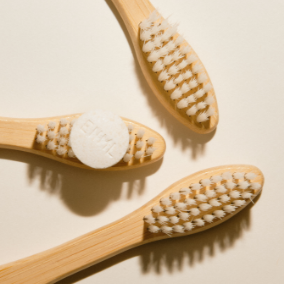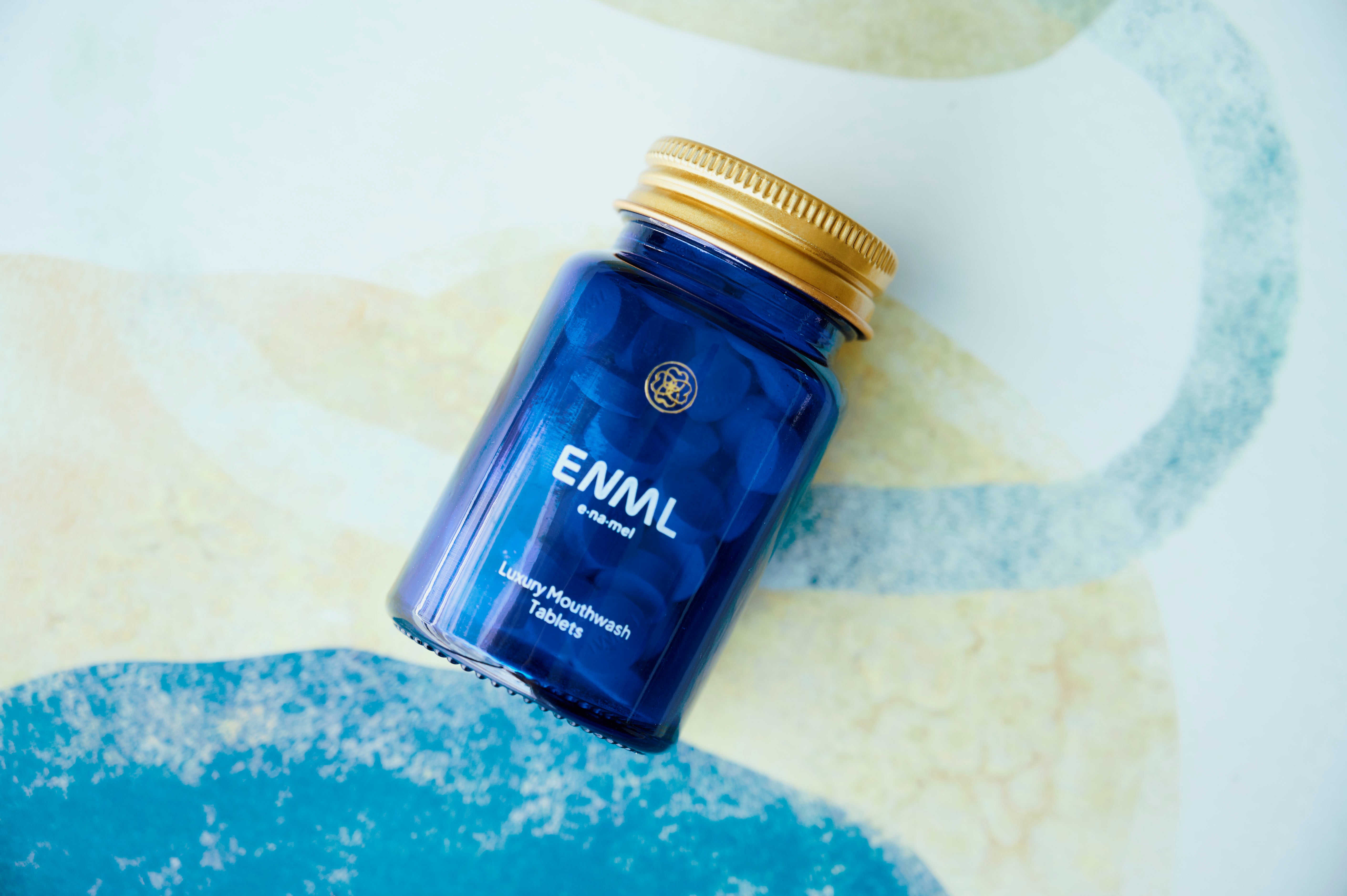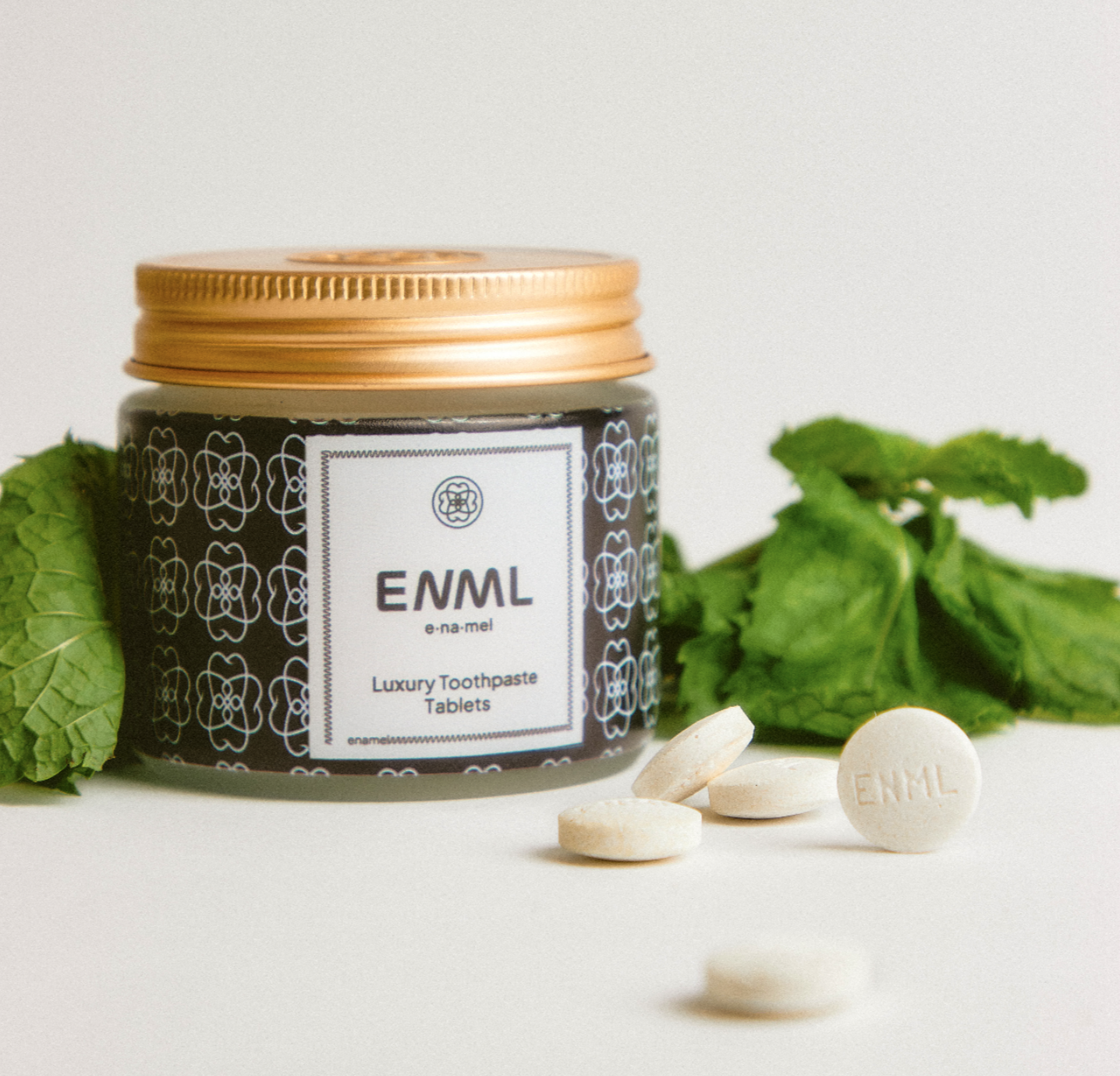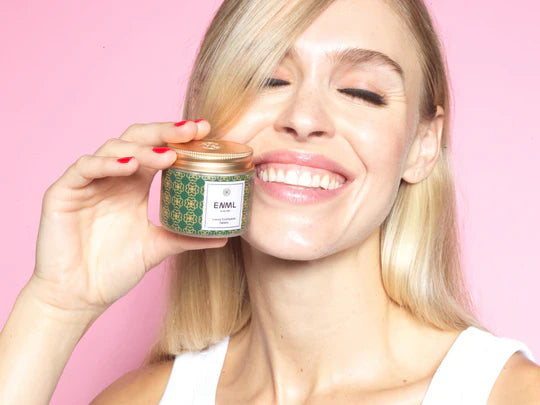Did you know that 90% of adults have experienced tooth decay at some point in their lives? The good news is that cavities are largely preventable with proper oral care habits and the right toothpaste. By understanding key cavity prevention toothpaste tips, you can take control of your dental health and maintain a brighter, healthier smile for years to come.
Table of Contents
Evolution of Cavity-Fighting Toothpaste
Did you know that ancient Egyptians used a paste made from ox hooves and eggshells to clean their teeth? We've come a long way since then in our quest for cavity prevention. Today's toothpastes are the result of centuries of innovation, driven by our growing understanding of oral health.
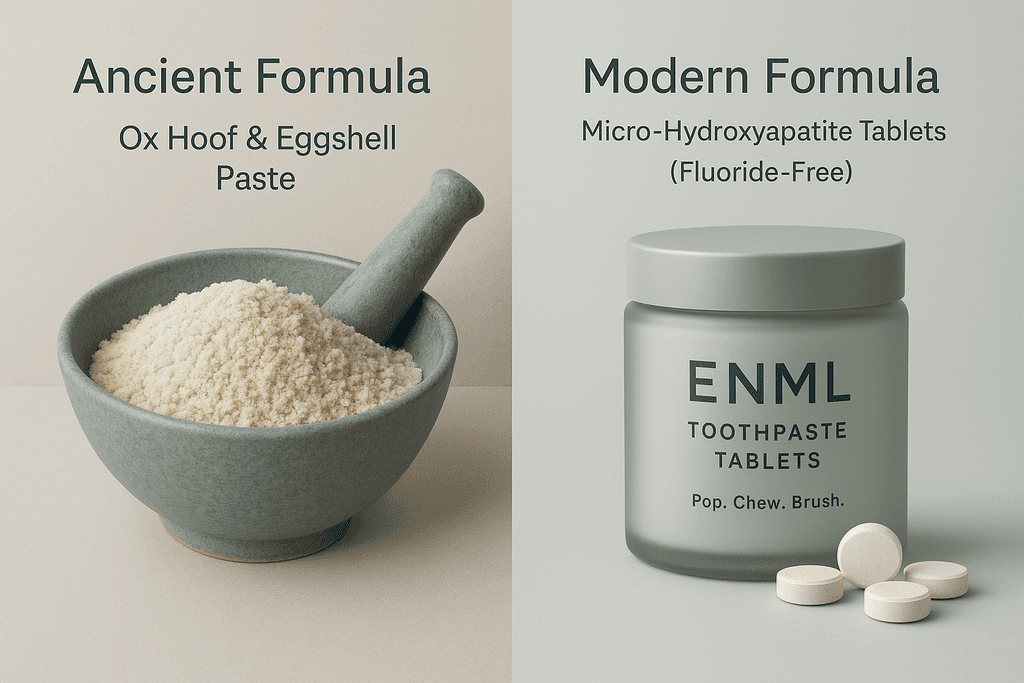
In the early 1900s, toothpaste makers started adding fluoride to their formulas. This mineral became the gold standard for fighting cavities. It works by strengthening tooth enamel and making it more resistant to acid attacks from bacteria. For decades, fluoride was the main weapon in our cavity-fighting arsenal.
But the world of oral care is always evolving. In recent years, we've seen a shift towards more natural and sustainable options. Some people have concerns about fluoride, leading to a search for alternatives. This is where newer ingredients like hydroxyapatite come into play. It's a mineral that naturally occurs in our teeth and bones, and some studies suggest it can be just as effective as fluoride in preventing cavities.
Here's a quick look at how cavity-fighting toothpaste has changed over time:
- 1890s: First toothpastes in collapsible tubes hit the market
- 1914: Fluoride is first added to toothpaste
- 1960s: Fluoride toothpastes become widely available
- 1980s: Introduction of tartar-control toothpastes
- 2000s: Rise of natural and organic toothpaste options
Today, we're seeing a boom in eco-friendly oral care products. Companies are creating toothpaste tablets, like those offered by ENML, which cut down on plastic waste. These tablets often use alternative cavity-fighting ingredients that appeal to health-conscious consumers.
The focus isn't just on fighting cavities anymore. Modern toothpastes aim to do more, like whitening teeth, reducing sensitivity, and promoting overall gum health. Some even contain probiotics to balance the mouth's microbiome.
As we look to the future, the trend seems to be moving towards personalized oral care. Scientists are exploring ways to tailor toothpaste formulas to individual needs based on factors like genetics and diet. This could lead to even more effective cavity prevention in the years to come.
One thing's for sure - the quest for better oral health isn't slowing down. As research continues to advance, we can expect to see even more innovative cavity-fighting solutions hitting our bathroom shelves.
Key Ingredients for Cavity Prevention
When it comes to keeping those pearly whites cavity-free, the ingredients in your toothpaste matter. For years, fluoride has been the go-to for fighting tooth decay. It works by strengthening enamel and making teeth more resistant to acid attacks from plaque bacteria. But here's the thing - some folks are looking for alternatives.
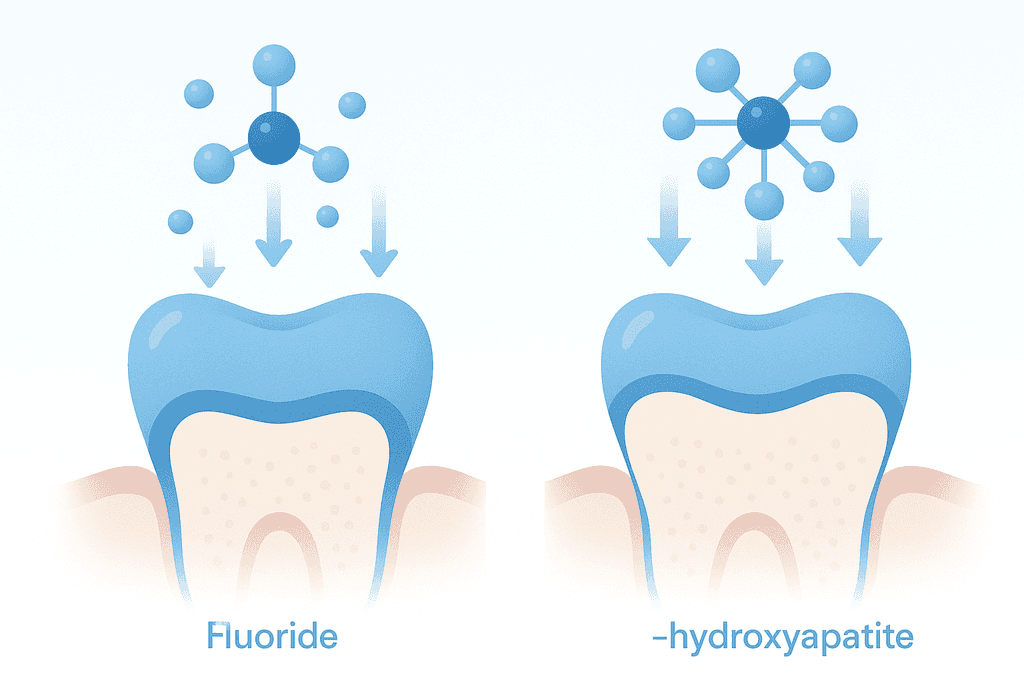
Key Ingredients for Cavity Prevention
Enter micro-hydroxyapatite, a dentist-recommended fluoride alternative that's gaining traction. This mineral is actually a key component of our tooth enamel. When used in toothpaste, it helps remineralize and restore teeth naturally. Pretty cool, right?
- Fluoride: The classic cavity fighter
- Micro-hydroxyapatite: Nature's enamel-building block
- Xylitol: A natural sweetener that bacteria can't digest
But wait, there's more. Some natural ingredients are also showing promise in the cavity-fighting game. Xylitol, for example, is a sugar alcohol that bacteria can't use for fuel, which means less acid production in your mouth. And certain essential oils like tea tree and peppermint have antimicrobial properties that can help keep those cavity-causing bacteria in check.
At ENML, we've harnessed the power of micro-hydroxyapatite in our toothpaste tablets. It's a science-backed way to protect your teeth without fluoride. Plus, it's vegan and cruelty-free - because who says you can't be kind to animals while being kind to your teeth?
Sustainable Cavity Prevention Solutions
Let's face it - our planet could use a little TLC. The good news? Your oral care routine can be part of the solution. Waterless toothpaste tablets are shaking up the industry, offering a sustainable alternative to traditional toothpaste tubes. These little powerhouses pack all the cavity-fighting punch of regular toothpaste, minus the plastic waste.
But it's not just about what's inside - packaging matters too. Zero-waste options are popping up everywhere, from compostable containers to refillable jars. It's like a win-win for your teeth and Mother Earth.
- Waterless tablets: Less water, less waste
- Compostable packaging: From bathroom to garden
- Refillable systems: Keep the jar, ditch the plastic
Check out our entire collection
Learn MoreNatural, vegan ingredients are also making waves in cavity-fighting formulations. These plant-based options can be just as effective as their conventional counterparts. Think ingredients like coconut oil, which has natural antimicrobial properties, or neem extract, known for its bacteria-fighting abilities.
Our ENML toothpaste tablets tick all these boxes. They're waterless, come in zero-waste packaging, and use vegan ingredients. Plus, they're formulated with micro-hydroxyapatite for that extra cavity-fighting boost. It's eco-friendly oral care without compromising on effectiveness.
Maximizing Cavity Prevention in Your Routine
Alright, you've got your cavity-fighting toothpaste. Now what? It's all about technique and timing. First up, proper brushing technique. Hold your brush at a 45-degree angle to your gums and use gentle, circular motions. Don't scrub back and forth like you're cleaning a dirty dish - that can actually damage your enamel.
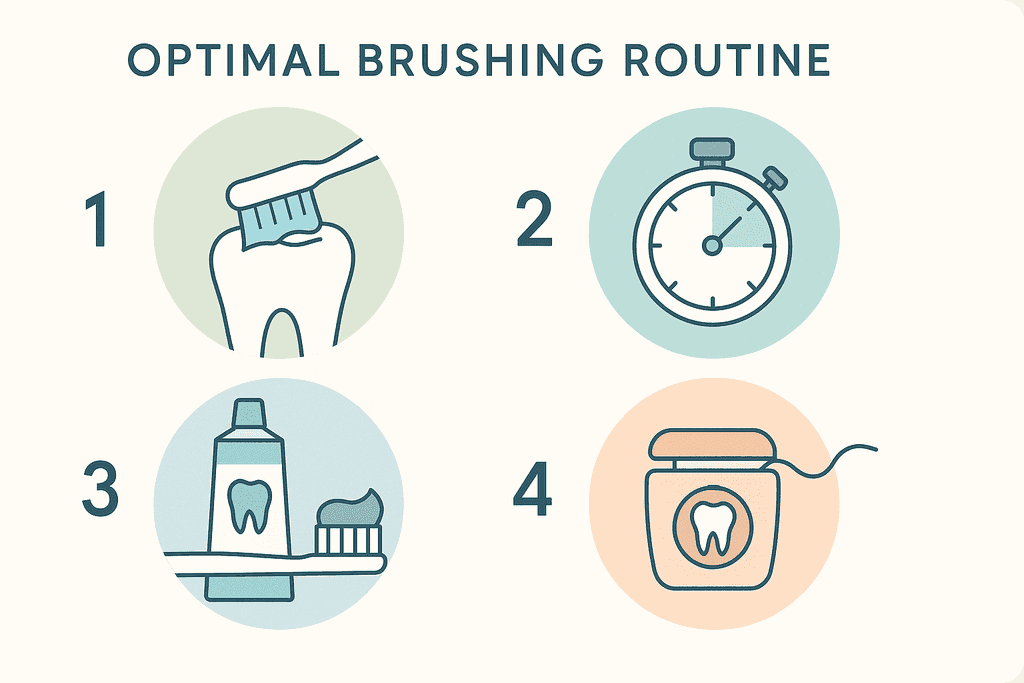
Maximizing Cavity Prevention in Your Routine
Frequency matters too. Aim to brush at least twice a day, ideally after meals. But here's a pro tip: wait about 30 minutes after eating before brushing, especially if you've had something acidic. This gives your saliva time to neutralize acids and prevents you from brushing them deeper into your enamel.
- Brush for at least two minutes each time
- Don't rinse immediately after brushing - let the toothpaste do its work
- Replace your toothbrush (or brush head) every 3-4 months
But cavity prevention doesn't stop at brushing. Flossing is crucial for getting those hard-to-reach spots between teeth. And don't forget about your diet - limiting sugary and acidic foods can go a long way in preventing cavities.
At ENML, we've designed our toothpaste tablets to fit seamlessly into your routine. Just pop, chew, and brush. It's that simple. Plus, our travel-friendly tins make it easy to keep up your oral care habits on the go. Because let's face it, cavities don't take vacations.
Remember, consistency is key. A solid oral care routine, combined with regular dental check-ups, is your best defense against cavities. It might seem like a lot, but your future self (and your dentist) will thank you.
Embracing Advanced Cavity Prevention
Choosing the right toothpaste is key for keeping cavities at bay. Modern options go beyond just fluoride, offering natural ingredients that can remineralize and strengthen teeth. For example, micro-hydroxyapatite is gaining traction as an effective cavity-fighter that's gentler on enamel. Hydroxyapatite toothpastes are worth checking out if you're looking to step up your oral care game.
Sustainable oral care products are another trend to watch. Eco-friendly options like toothpaste tablets cut down on plastic waste while still delivering a powerful clean. ENML's tablet formulas use micro-hydroxyapatite to fight cavities and whiten teeth naturally, all in a zero-waste package. It's a win-win for your smile and the planet.
The oral care world keeps evolving, with new cavity-fighting tech emerging all the time. Staying informed about the latest advancements can help you make smart choices for your teeth. Whether it's waterless formulas, natural remineralizing agents, or sustainable packaging, there are more options than ever to keep your smile healthy and bright. The key is finding products that fit your needs and lifestyle while providing top-notch protection against cavities.
Common Questions About Cavity Prevention Toothpaste
Are fluoride-free options effective for cavity prevention?
Yes, fluoride-free options can be effective for cavity prevention. Modern alternatives like micro-hydroxyapatite have shown promising results in remineralizing and strengthening tooth enamel. ENML toothpaste tablets use this ingredient as a scientifically-backed alternative to fluoride, offering cavity protection without the concerns some people have about fluoride.
How do natural toothpastes compare for cavity protection?
Natural toothpastes can be just as effective for cavity protection when formulated with the right ingredients. Look for options containing remineralizing agents like micro-hydroxyapatite or natural antibacterial ingredients. The key is choosing a natural toothpaste that's been developed and tested by dental professionals to ensure it meets oral health standards.
How often should I use cavity prevention toothpaste?
For best results, use cavity prevention toothpaste twice daily - once in the morning and once before bed. Consistency is key in maintaining strong enamel and preventing cavities. If you're using ENML toothpaste tablets, simply pop a tablet, chew to form a paste, and brush as normal for each session.
Can kids use cavity prevention toothpaste?
Absolutely! Cavity prevention is crucial for children's developing teeth. Many brands offer kid-friendly formulations that are safe and effective. ENML Kids Toothpaste Tablets, for example, are specially designed for little ones, providing cavity protection with a taste and texture kids enjoy.
Is cavity prevention toothpaste safe for sensitive teeth?
Many cavity prevention toothpastes are formulated to be gentle on sensitive teeth. Look for options that specifically mention sensitivity relief along with cavity protection. Some ingredients, like micro-hydroxyapatite used in ENML products, can actually help reduce sensitivity while strengthening enamel against cavities.
Check out our entire collection
Learn More
